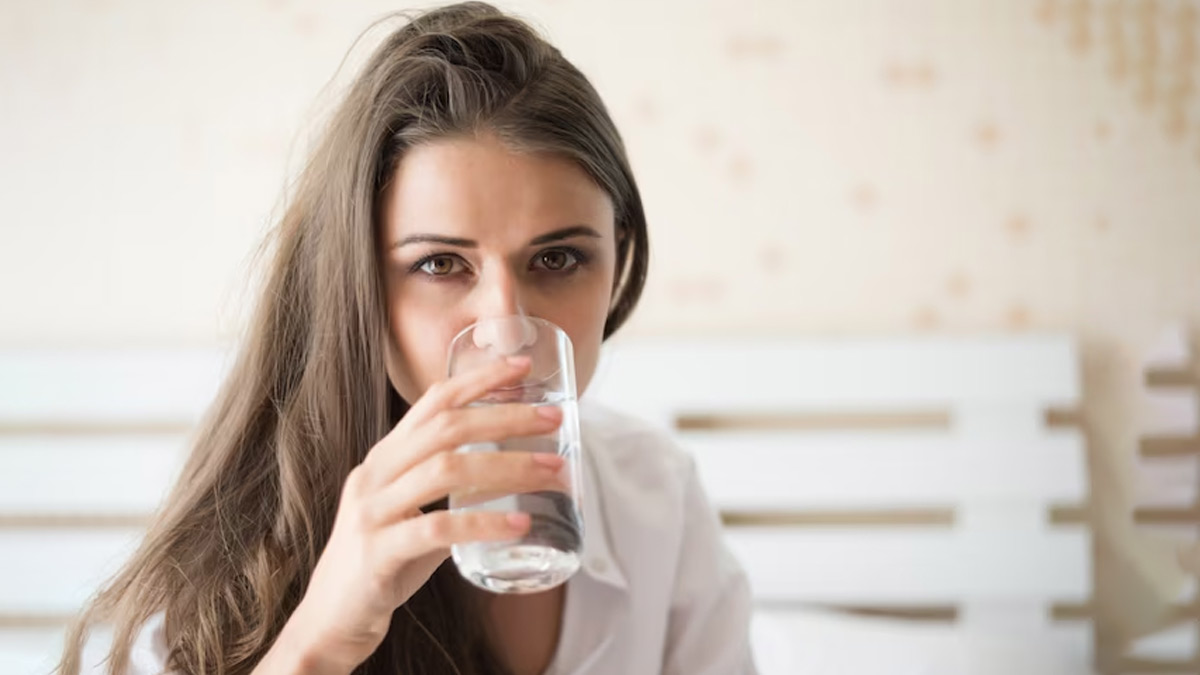
Water is essential to our health and well-being. It makes up around 60% of our body weight, and we need to replenish it daily to avoid dehydration. Dehydration occurs when we lose more water than we take in, and it can lead to a range of health problems, from headaches and fatigue to kidney damage and even death. But how can we know if we're getting enough water to avoid dehydration? In this article, we'll explore some signs and symptoms of dehydration and ways to ensure that you're getting enough water.
Table of Content:-
Signs and Symptoms of Dehydration
The signs and symptoms of dehydration can vary depending on the severity of the condition. Mild dehydration can cause thirst, dry mouth, and fatigue, while severe dehydration can lead to confusion, seizures, and even death. Here are some common signs and symptoms of dehydration to look out for:
1. Thirst
Thirst is the body's way of telling you that you need more water. If you feel thirsty, it's a good idea to drink water to avoid dehydration.
2. Dark Urine
Dark urine is a sign that your body is dehydrated. If your urine is dark yellow or amber, it's a good idea to drink more water.
3. Fatigue
Dehydration can cause fatigue and weakness. If you're feeling tired and lethargic, it could be a sign that you need more water.
Also read: World Health Day 2023: Impact Of What You Eat On Your Mental Health

4. Headaches
Dehydration can cause headaches and migraines. If you're experiencing frequent headaches, it's a good idea to drink more water.
5. Dizziness
Dehydration can cause dizziness and lightheadedness. If you're feeling dizzy, it could be a sign that you need more water.
6. Dry Mouth
Dehydration can cause dry mouth and a sticky feeling in the mouth. If you're experiencing this, it's a good idea to drink more water.
7. Dry Skin
Dehydration can cause dry, flaky skin. If you're experiencing this, it's a good idea to drink more water and use moisturiser.
8. Constipation
Dehydration can cause constipation and digestive problems. If you're experiencing constipation, it could be a sign that you need more water.
Ways to Ensure That You're Getting Enough Water
Now that you know some signs and symptoms of dehydration, it's important to know how to ensure that you're getting enough water. Here are some tips to help you stay hydrated:
1. Drink Water Regularly
The easiest way to stay hydrated is to drink water regularly throughout the day. Aim for at least 8 glasses of water per day, but this can vary depending on your activity level, age, and gender.
Also read: World Health Day 2023: Impact Of What You Eat On Your Mental Health

2. Eat Water-Rich Foods
Eating water-rich foods such as fruits and vegetables can help you stay hydrated. Watermelon, cucumber, and strawberries are all high in water content.
3. Avoid Sugary and Caffeinated Beverages
Sugary and caffeinated beverages can cause dehydration, so it's best to avoid them or consume them in moderation.
4. Monitor Your Urine Colour
Checking the colour of your urine can help you determine if you're hydrated. If your urine is light yellow or clear, you're likely getting enough water. If it's dark yellow or amber, it's a sign that you need to drink more water.
5. Hydrate Before, During, and After Exercise
It's important to drink water before, during, and after exercise to avoid dehydration. Drink water before you start exercising, sip water during your workout, and drink water after your workout to rehydrate.
6. Carry a Water Bottle
Carrying a water bottle with you wherever you go can help you stay hydrated throughout the day.
Also watch this video
How we keep this article up to date:
We work with experts and keep a close eye on the latest in health and wellness. Whenever there is a new research or helpful information, we update our articles with accurate and useful advice.
Current Version